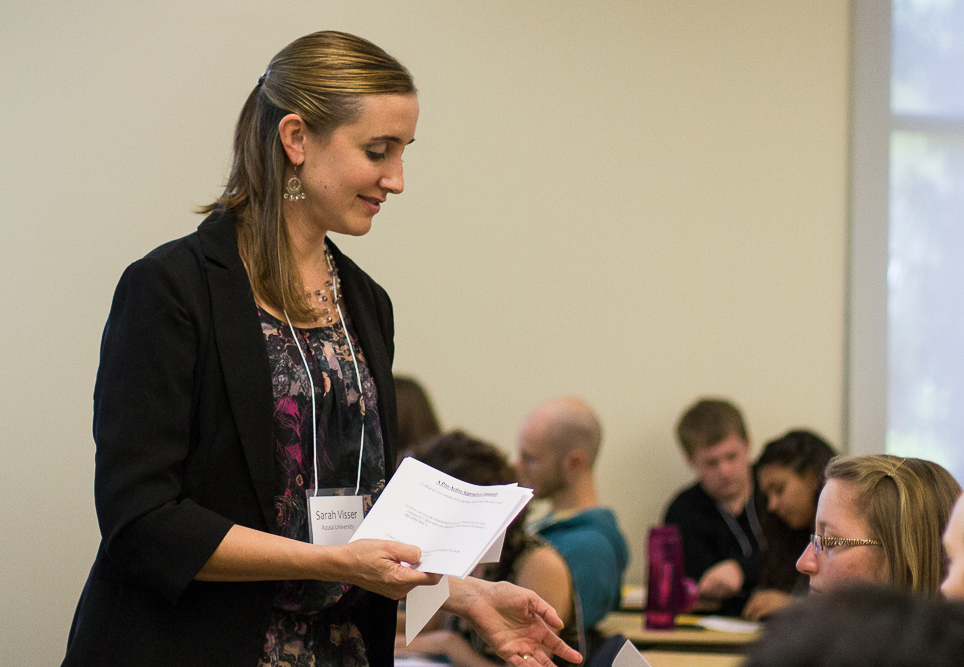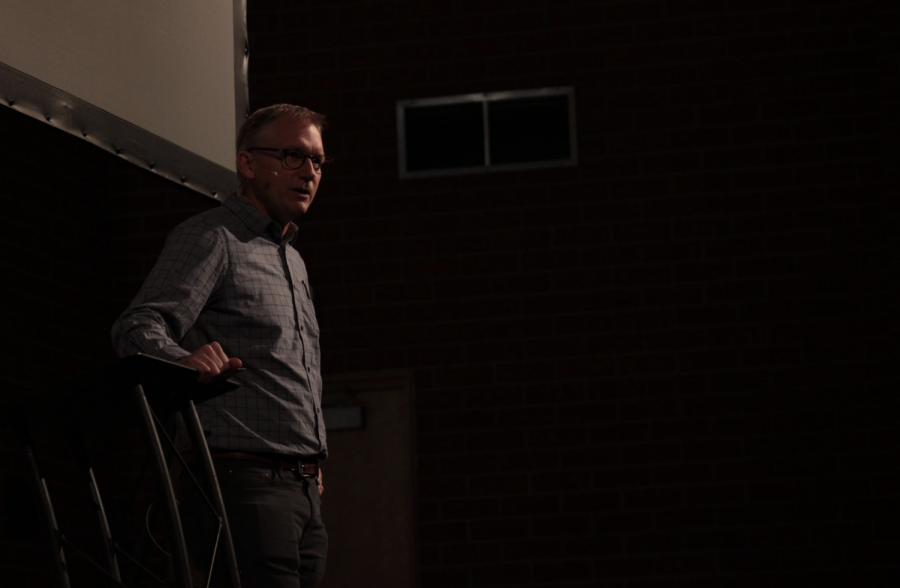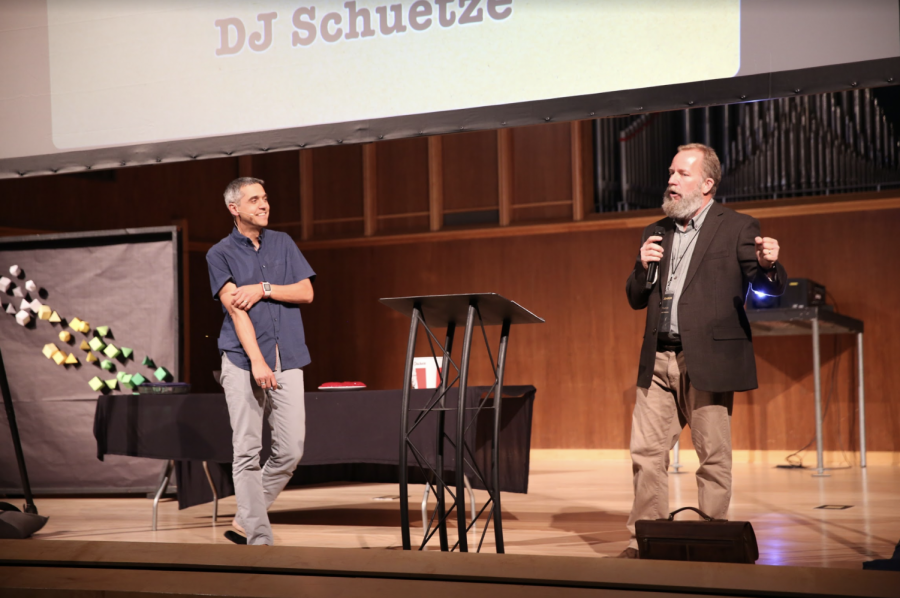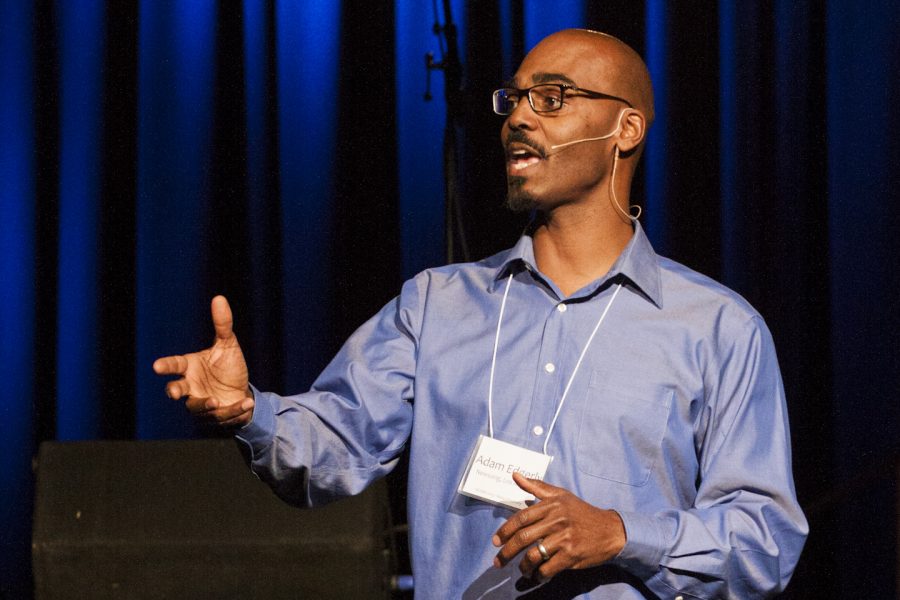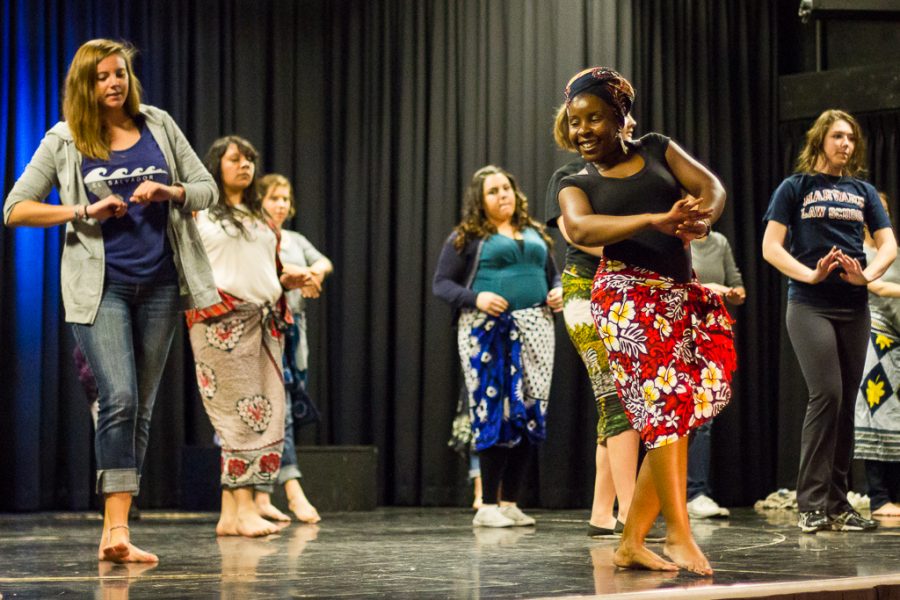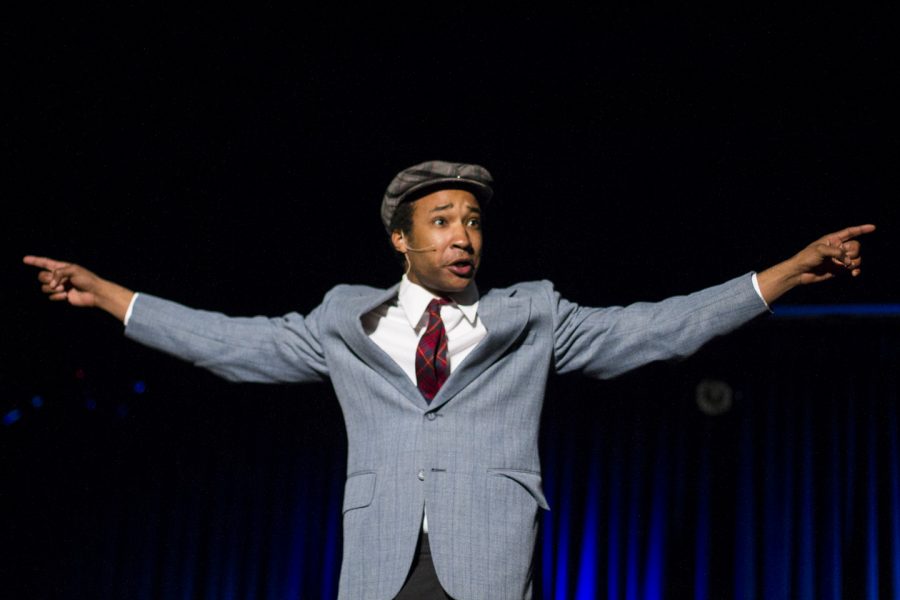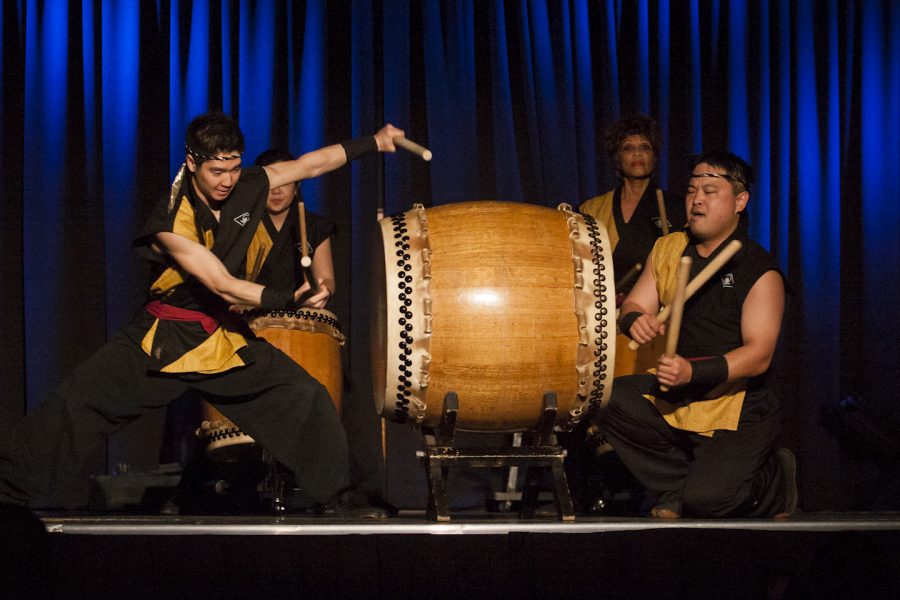Sarah Visser, a professor for the Leadership graduate and undergraduate program at Azusa Pacific University held a workshop on “Class Consciousness” for the 1:30 session on Saturday at the Student Congress On Racial Reconciliation. Visser began by showing two different videos to help us understand how other people define class and how we understand it ourselves. She showed a PBS documentary, “People Like Us,” which touched on issues of class and social capital. A significant quote from the documentary touched on the impact of class in the U.S.: “America is a country divided by class… class is everywhere yet it’s often hard to see. In the great game of social class, we’re all players.”
After the videos we had a small discussion, talking about what stood out to us about how these people defined class. One student referenced another quote from the movie, “High income people are trained to look down on low income people and low income people are trained to resent people of high income.” We didn’t discuss this too much but this stuck out to me and I think that it is often true.
After the movie we were asked to reflect on our own views of class and how our background affects how we view it. We also had the opportunity to talk to different students about the culture at their university and how class is addressed. I talked with a few students from Vanguard University about the culture there. They said that there is definitely a large majority of people that seem to fit the higher class stereotype that you would expect to get from a Orange County private school.
We also had some time to reflect on our upbringing and how that affects how we look at class. She talked about the importance of us understanding where we come from in order for us to understand other’s. As I began to think about my upbringing it got me thinking about Biola and what the primary class is here. It is not something that I had thought about often but I think that part of me assumed we all come from a similar class background. As I thought more about this though and we were asked more questions I began to realize that Biola is diverse in the class background of its students. However, I wonder if we cater to a majority class on campus or if people of all class backgrounds feel equal. I am not sure what the answer is, but attending this workshop and other sessions definitely made me want to find out and learn more about other people and their background in all areas, but particularly in their experience with class.



